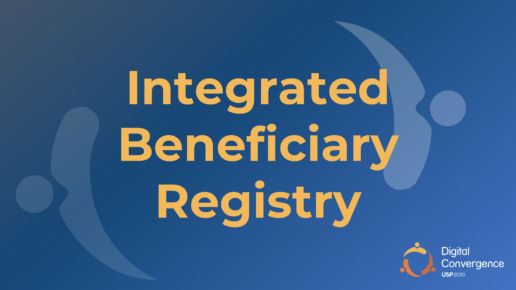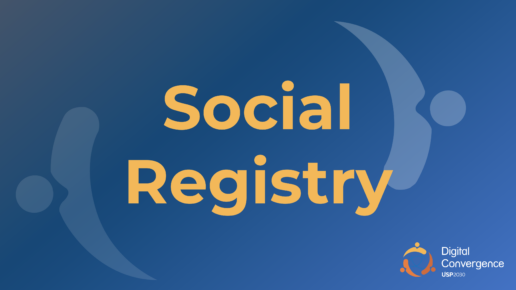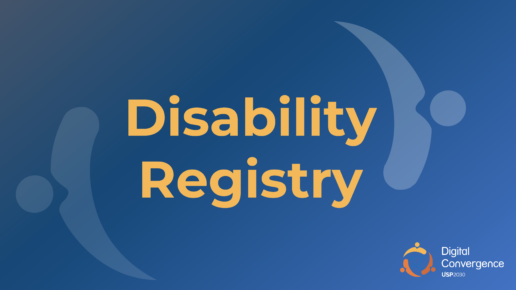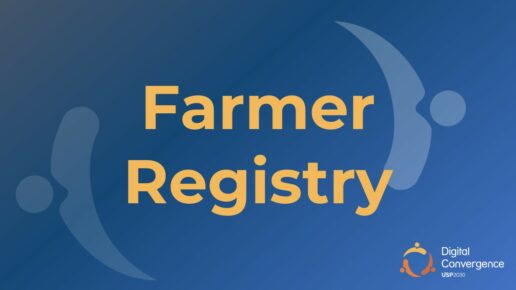
CRVS and SP-MIS
Status: v1.0.0 Released and Endorsed by USP2030
The Civil Registration and Vital Statistics (CRVS) and Social Protection Management Information Systems are fundamental components of a nation’s infrastructure, playing crucial roles in ensuring the rights, well-being, and inclusivity of individuals across various socio-economic spectrums. Effective and seamless data exchange between these systems is pivotal for enhancing service delivery, policy formulation, and monitoring of social protection programs.

Integrated Beneficiary Registry and SP-MIS
v1.0.0 Released and Endorsed by USP2030

Social Registry and SP-MIS
Status: v1.0.0 Released and Endorsed by USP2030*

Disability Registry
Status: v1.0.0 Released and Endorsed by USP2030
Disabled Registry (DR) consolidate data on the individuals registered as disabled. The goal of an DR is to provide a comprehensive picture of who is registered as disabled to later on benefit from grants and benefits programs for disabled. DR is distinct from social registries. While a social registry will hold a list of all people and/or households registered (and hence potentially eligible to receive benefits) a DR will only hold data on people that are registered as disabled.

Farmer Registry
Status: Under Public Review
Farmer registries are electronic registries, usually developed and managed by government stakeholders in the agriculture sector (e.g. ministries of agriculture), with data on farm holdings and farm holders. They support informed decision-making and policies, providing administrative, not statistical (i.e. census or sample-based), information on ‘who does what and where’ in the agriculture sector.
To learn more about farmer registries and social protection information systems, view the FAO-GIZ report.